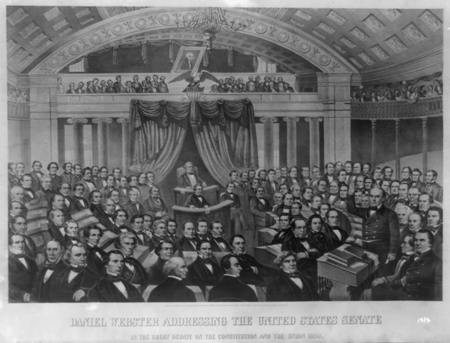Learning from the Source: Cartoonist Commentary-Vietnam War
U.S. involvement in the Vietnam War lasted more than a decade. Have students analyze political cartoons from the primary source sets below to consider different issues related to this war and how cartoonists’ perspectives of U.S. involvement evolved over time. If students are not practiced at analyzing political cartoons, use the accompanying resources to help…

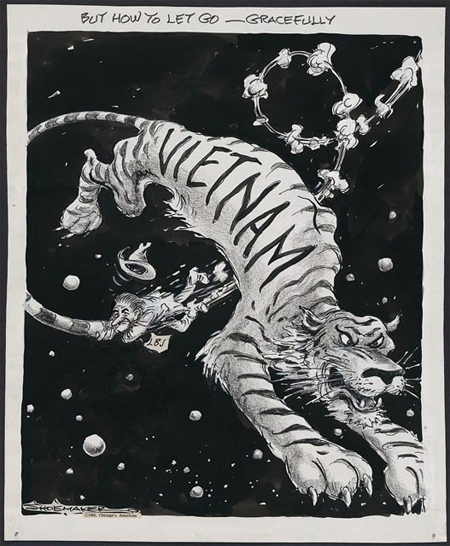
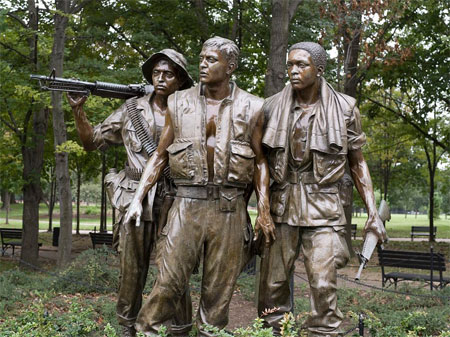
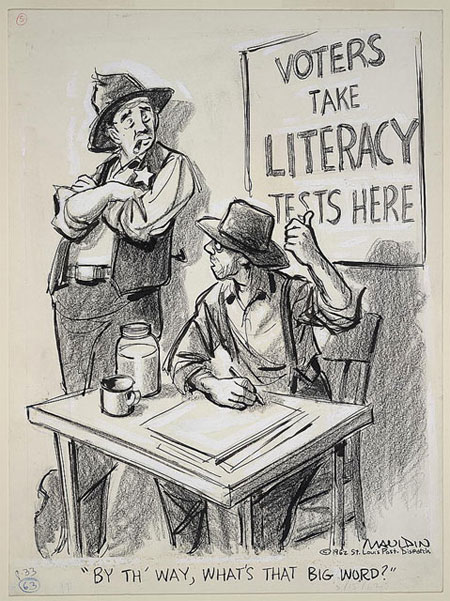
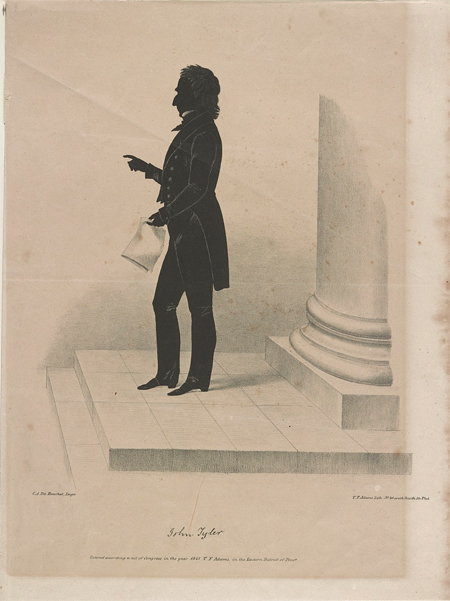
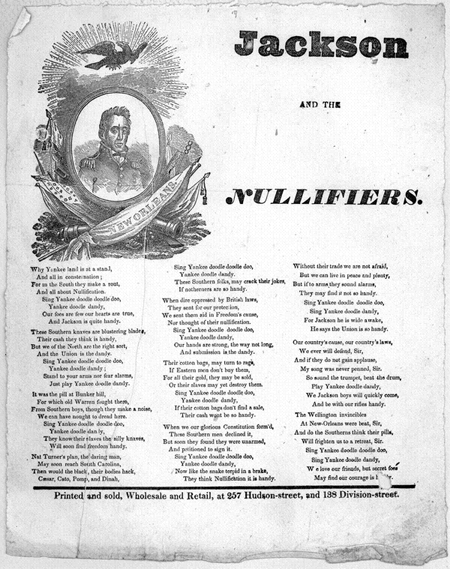
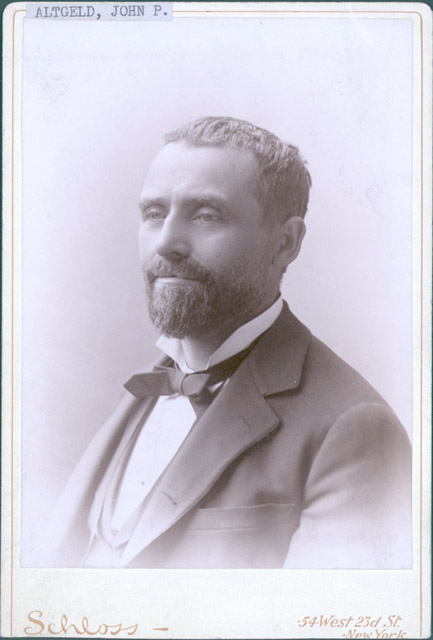
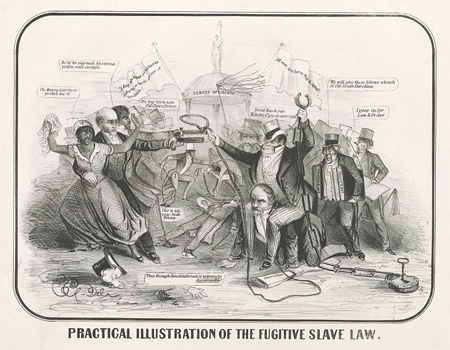
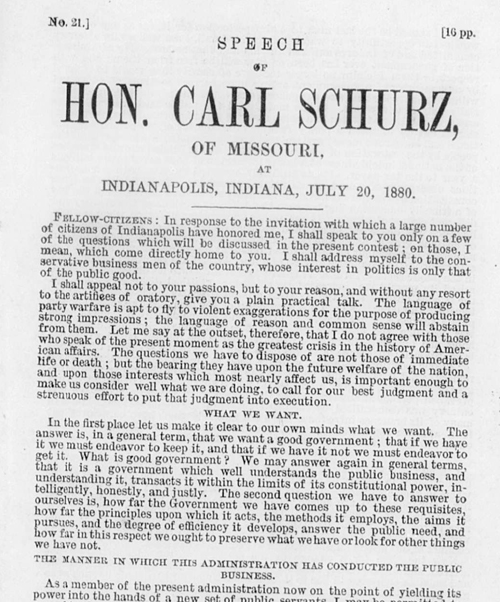

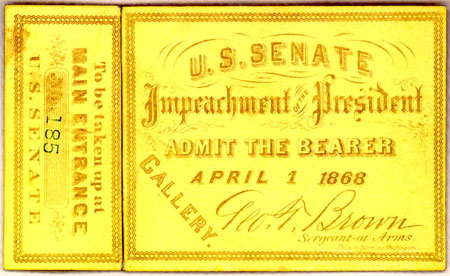
![[Cut of broom] To sweep the Augean Stable](https://primarysourcenexus.org/wp-content/uploads/2013/03/johncalhoun.jpg)
